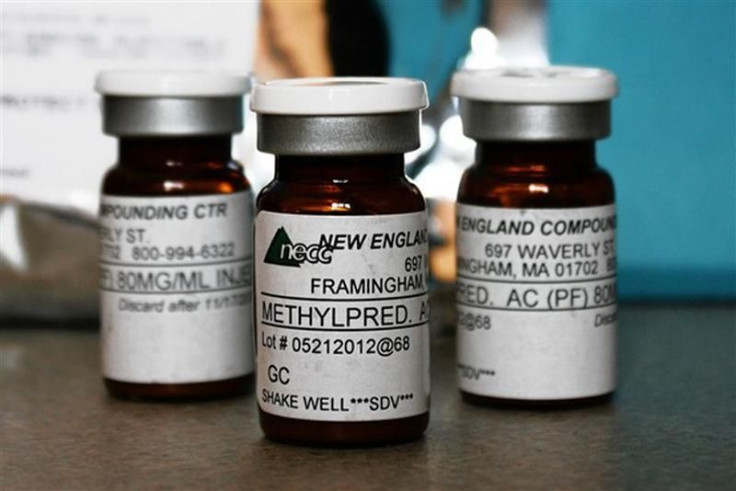More Drugs Linked to Deadly Meningitis Outbreak

The meningitis outbreak, which has killed 15 people and sickened more than 200 people nationwide, is becoming a national crisis. On Tuesday, health experts reported two more drugs have been linked to the meningitis outbreak.
The specialty pharmacy, The New England Compounding Center of Framingham (NECC), Mass., has been under investigation since last month due to the rare fungal form of meningitis.
As a result of the current investigation of the NECC, the Food and Drug Administration (FDA) warns providers to not use any NECC products. The FDA recommends that healthcare providers retain and withhold any products produced by the NECC. In addition, the FDA advises that healthcare providers also follow-up with patients who were administered products such as ophthalmic, which is used during eye surgery and triamcinolone acetonide, which was administered to heart-surgery patients.
Additionally, The Centers for Disease Control and Prevention is also reporting that individuals who were administered methylprednisolone acetate, which is used to ease chronic pain in joints such as knees, shoulders and hips, may have the fungal infection as well.
The CDC reports those infected may experience symptoms such as:
- New or worsening headache
- Fever
- Sensitivity to light
- Stiff neck
- New weakness or numbness in any part of your body
- Slurred speech
- Increased pain, redness or swelling at your injection site.
According to Dr. William Schaffner, an infectious diseases expert at the Vanderbilt University Medical Center in Nashville, the outbreak will continue to increase.
In a statement to Reuters, Schaffner said "I think we're still in the middle." When asked about the outbreak's possibility he explained, "We're nowhere near the end of this problem. And we will see more patients reporting in ill and we'll have to treat many more going forward."
Thus far, NECC has been reported to have violated Massachusetts state pharmacy requirements by not demanding patient prescriptions before shipping out products.
Currently 214 cases have been reported, 15 of those have died.
Health officials are altering those who received the steroid shots. So far 12,000 people have been contacted.
In addition, the FDA does not urge a follow-up with patients who were given low risk products such as lotions, creams and eye drops.
Published by Medicaldaily.com



























